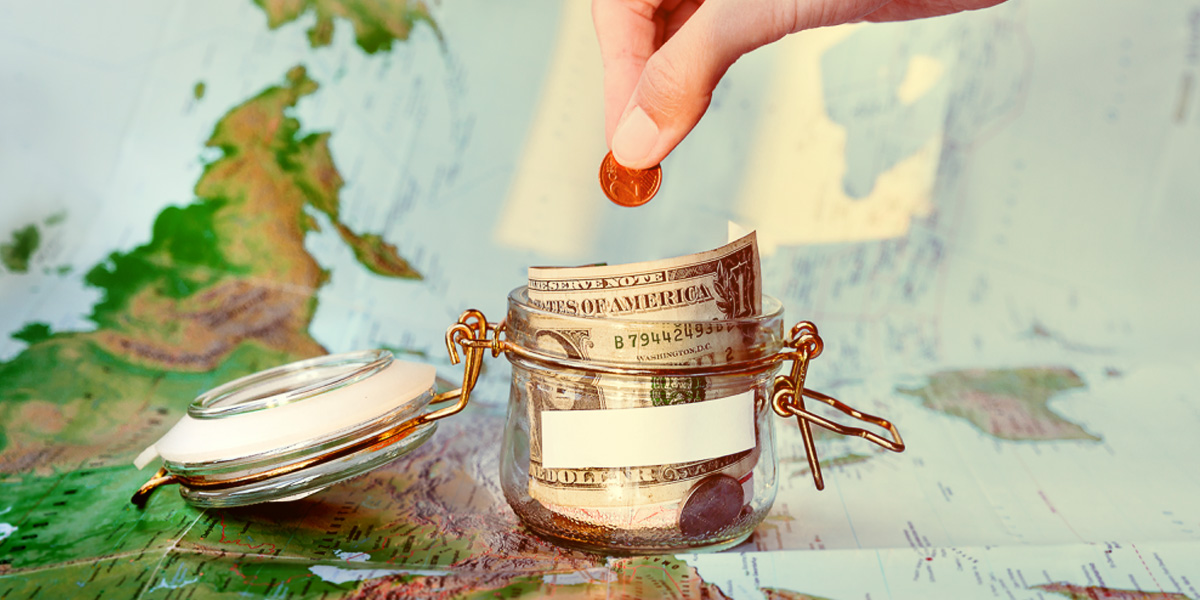The country where you come from may have a huge impact on your money habits. Take a glimpse of the financial practices from various parts of the world.
Nowadays, being able to manage your finances is considered as a valuable life skill. Others may find it a walk in the park while some may experience difficulties. Whether saving or spending, did you know that your culture may have a huge influence on your money practices?
Each of us has our own way of managing finances. Take a look at the quaint money habits from around the world that will leave you with some useful learnings.
Quaint Money Habits from Around the World
1. The ‘alkansya’ culture in the Philippines.
Alkansya’ is another term for a coin bank. Many Filipinos grew up with the belief that it is important to save now to have enough money for future needs. Even kids in the Philippines have been oriented to this practice. Usually, the cash gifts they receive during Christmas or birthdays go to their alkansya. When they start going to school, they are encouraged to set aside a portion of their baon (allowance) as well. By the time the alkansya is opened, it is like uncovering treasures that will enable the saver to buy a particularly coveted item in his wish list. In some cases, the amount saved in coin banks are deposited in a bank account and presented as the child’s first savings fund.
Source:
Philippine Star
2. The huge income-savers in Singapore.
Not too far from the Philippines is Singapore. The citizens in this country are known as one of the world’s biggest money savers. On average, Singaporeans save 55% of their household income. Oftentimes, the savings they make are spent on transportation, food, and other housing-related expenses.
Source:
The Development Bank of Singapore
3. The art of ‘Kakeibo’ in Japan.
’Kakeibo’ which is a Japanese word for “household finance ledger” is one of the major influences on their money habits. It is more than a century-old practice, which is used to set their savings goals and achieve them through wise spending. ‘Kakeibo’ has four categories of expenses: survival (basic needs), optional (leisure), culture (hobbies), and extra (unexpected costs). It is practiced at the start of the month when Japanese people identify their goals and reflect on how much they should save, as well as what they need to do to achieve their goals.
Sources:
Consumer News and Business Channel, Esquire, Shondaland
4. China's money-saving practice.
Before digital payment methods and credit card use became popular in China in the last 5 years, most people choose to pay in cash. Chinese are very wary of debt and they have a regard for finances. By paying in cash, they only spend within their means. It is no longer a surprise to know that Chinese are among the population with the highest savings rate.
Sources:
5. The fear of debt in Germany.
Germany has grown into a great European country with economic power. One of the reasons behind this is the fear of debt that Germans have. In Germany, ‘cash only’ transaction is very common and this has been practiced for generations. The German term for ‘debt’ is ‘Schuld’ which is also synonymous with the word ‘guilt’. Cash payment has been the reigning trend in Germany. However, in 2018, card transactions have surpassed this practice for the first time indicating a shift in the money habits in the country.
Sources:
BBC News, Business Insider, Washington Post
6. The concept of ‘allowance’ in the USA.
The USA introduces financial responsibility even among children by providing them with their allowance. Different households have varied approaches to this. Some may provide it for their daily expenses while some use it as a reward or compensation after household chores are completed. By earning their allowance, a child is taught of the value of hard work and to save to get the things they want.
Source:
People from different countries have different views about money. While money may be seen as a mere a tool for purchasing, there’s no question about the importance of good financial management. As it is, the earlier you become exposed to good money habits, the higher the chance for you to do well in handling your finances, which is an important life skill. Consulting with a financial advisor can also help you get an idea on where you stand in terms of your finances and goals. You can consult with a Sun Life advisor for free by getting connected to one through the Advisor Match tool.











.png)

